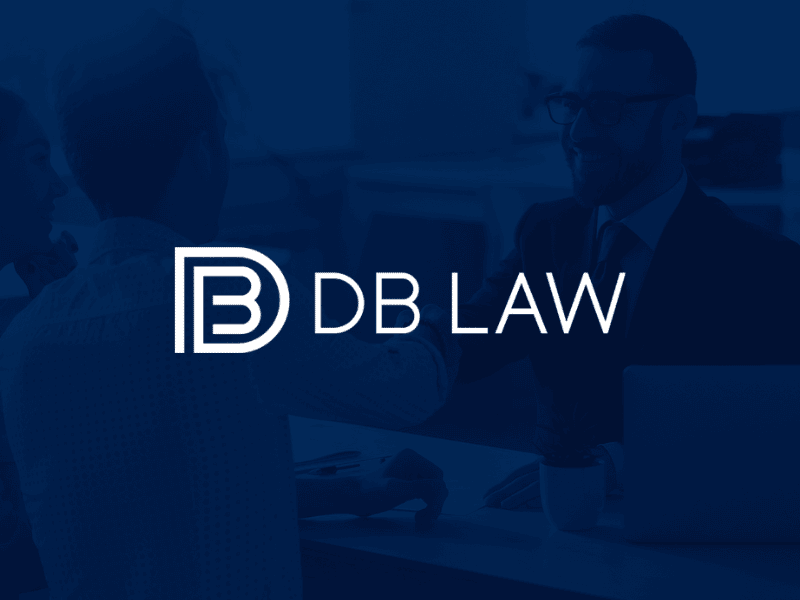What Constitutes False Advertising?
Being a victim of false advertising is infuriating. Not that anyone necessarily believes every detail in advertisements, but the consumer would want to think that most of an ad is true. Unfortunately, there are several types of false advertising out there that companies use to lure unsuspecting customers in and then not deliver what they’ve promised.
It can become big business in which unreliable sellers can take enormous amounts of money from people for substandard or fake products or harass them for debt collection after the consumer purchases something by using falsified or deliberately misleading financial disclosures for lending.
There are numerous ways this can happen, and the list below is not exhaustive but is meant to give an idea of things to watch out for. If someone suspects they’ve been a victim of false advertising but don’t see the specific situation listed here, they should talk to an experienced consumer litigation attorney to learn more.
If any of these occur during a transaction between a seller and a buyer, it may be false advertising under Texas law.
– They are not honoring a warranty.
– Financing that has misleading or outright fraudulent terms or is heavily misrepresented.
-They deliberately withhold information about products or services that might cause the buyer not to complete the purchase.
-Overstating or otherwise falsely describing the aspects of the items being sold.
-Presenting items said to be of a certain quality when they’re not (for example, saying an air conditioner unit is new and under warranty when it’s used and has only been repaired or presenting a piece of jewelry as high-quality diamond when it’s either low-quality or fake).
-They tell the buyer false information about a competitor.
-They are drastically raising the prices of goods or services in need after a natural disaster or other catastrophe.
-Debt collection that’s not legal or above board.
-Marking up the regular price of something in order to then claim the former price is a “sale” price.
-Luring a customer in to buy an inexpensive item, then convincing them to purchase something more expensive.
-Changing the miles on a vehicle’s odometer to make the car look newer (which is also against Texas vehicle laws).
-Claiming the product has significant benefits which it either doesn’t have or has few.
What Recourse Do Consumers Have Against False Advertising in Texas?
Texas law contains the Deceptive Trade Practices Act (DTPA). Under this law, someone who’s been victimized by an episode of false advertising may have the right to file a lawsuit for damages against the company or person who propagated the deceptive trade practice.
This is a complex area of practice because the deceptive practices may have been performed by a business that was created solely to perform this way, or they may have been done by a legitimate business either by error or by misunderstanding either the product or the law. In the best situations, a legitimate company makes an error and, once pointed out to them, hastens to make it right for the customer.
However, the best situation isn’t always the one that happens. Even legitimate companies don’t always want to take responsibility and do what’s right. Working with an experienced consumer litigation attorney is highly recommended in cases like those. The law is complicated, and the larger the company being accused of deceptive practices, the more likely it’ll have its own team of experienced lawyers working on the case.
What Could Possibly Happen if Someone Files a Deceptive Practices Lawsuit?
Every case is unique, so it depends on who’s involved and what the level of fraud was, along with how much proof there is to demonstrate the fraud. Among the possible outcomes is the possibility that the evidence isn’t enough to sway a courtroom, so nothing happens to the case is strong enough that the person who brought the lawsuit (the plaintiff) either receives financial damages from the hundreds to millions of dollars (again, depending on the severity of the fraud) and/or possibly merchandise replacement that more fits what the consumer expected.
What Is Needed in a False Advertising Case?
This is a high-level overview, as each case has its own requirements. But in general, a false advertising case must be able to prove the following.
-There was a consumer. That means the plaintiff meets the DTPA’s definition of a consumer: a consumer is a person, partnership, corporation, or government organization looking to buy or lease specific services or goods.
-The person or organization charged in the case (known as the defendant) must be found guilty of at least one deceptive practice defined by the DTPA. This is where evidence is crucial.
-The consumer believed the defendant. The consumer thought the defendant was being honest when they purchased or leased goods or services from them and didn’t realize until later that it was a scam.
-There was a financial loss. Because the defendant lied or misled the consumer, the consumer experienced a financial loss.
What Should I Do if I Need Help if I’m the Victim of False Advertising?
Call DB Law 24/7 at 346-818-3311 to set up a free nationwide case review. We can review your specific situation and see how it might fit under the DTPA and what the best approach is going forward to try to recover your losses or take action against the deceptive seller. We understand how frustrating this is, and we want to see justice done just as you do.








 1300 McGowen
1300 McGowen (713) 804-8520
(713) 804-8520
 contact@dblawtx.com
contact@dblawtx.com